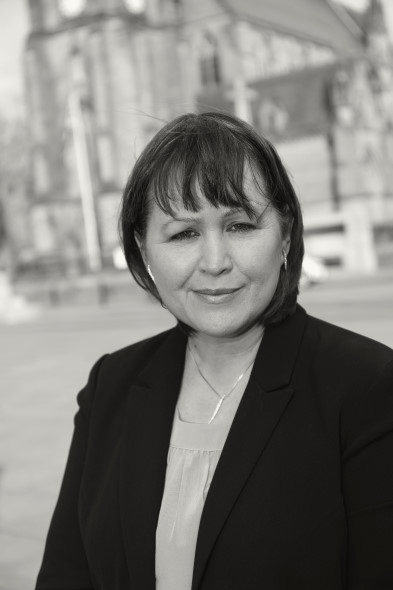How to Protect Your Property From Title Fraud
You will have seen recently in the news many cases of title fraud which can be very worrying for owners of property, especially if they own property which is rented out or second homes which they are not living in at the present time.
There has been a case in the Greater Manchester area when an individual saw his property advertised on Rightmove and when he made further investigation he found out his property had been transferred into another name and was due to be auctioned within the week. Fraudsters had stolen his post and forged his signature on auction documents. They had carried out this fraud on other properties in the Greater Manchester area successfully.
What is Property Title Fraud?
This happens when somebody illegally transfers the title to your property into their name or takes out a mortgage on your property but keeps the funds for themselves leaving you as the property owner potentially liable for the mortgage.
The mortgage company will chase the person to whom they think they have lent the money to repay them. This can cause you some difficulties in trying to resolve the position and make it clear to them that it was not you that drew down the mortgage monies.
Who Can Be At Risk?
You could be at risk of land and property fraud if
- your identity has been stolen
- you let properties out
- you do not live in this country to keep an eye on your properties
- you own property that is empty
- you own properties that are free of mortgage
- if your property is not registered with the Land Registry that may also cause a risk
To try and prevent title fraud the Land Registry have set up a new system called a Property Alert service https://propertyalert.landregistry.gov.uk/ for property owners. This will not prevent someone from changing the registers of properties that you own but if you sign up to the service at the Land Registry website you will receive an email alert whenever any official searches or applications are received against your property. You can monitor up to 10 registered properties. Early warning of such activity may ensure that you can prevent a fraud happening.
Further the Land Registry can now provide you with a Restriction Order which can be lodged with them to prevent anyone placing any mortgage against the property unless a conveyancer or solicitor certifies that you have made that application. If you are a private individual not living in the property you can complete a Land Registry RQ form which is free but if you live in the property you may have to complete a restriction on an RX1 form with a fee of £40. Your solicitors should be able to help you with those forms.
Clough & Willis’ Land Registry and Property team are here to assist you with any queries or concerns you may have on any of the above issues.

